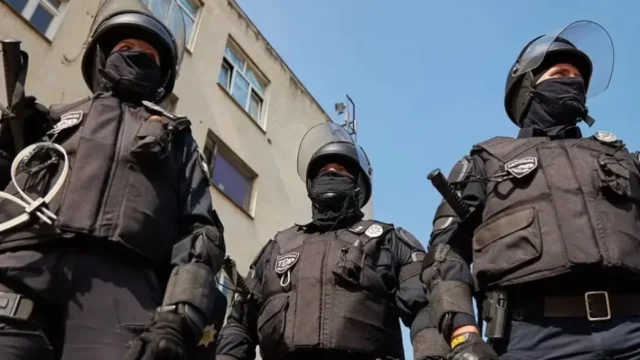According to the powers of the military police, they will be able to temporarily restrict traffic on the roads, stop vehicles to check documents, and enter citizens’ homes. Mainly, these measures apply to the detention of individuals suspected of committing a crime, as well as in cases where people’s lives and health are threatened.
The relevant provisions are contained in the bill on the Military Police 6569-d of May 31, which the Committee of the Verkhovna Rada on Law Enforcement recommended to adopt as a basis on May 30. This was reported by the Judicial-Legal Newspaper.
It is noted that currently, the Law Enforcement Military Service has such powers, but under the new law, it will be abolished within 3 months. The military police will have the right to enter citizens’ homes only in cases of emergency related to the rescue of people’s lives and property or in the immediate pursuit of persons suspected of committing a crime, as provided by law. It is worth noting that these new powers are currently absent in the existing Law Enforcement Military Service.
The bill also provides that in the event of a state of war or emergency being declared, the Military Police will be involved in:
-
combating enemy sabotage and reconnaissance groups on the territory of Ukraine;
-
protection of military objects, military towns and their population, assistance in their evacuation;
-
restoring and maintaining order and discipline in military units;
-
ensuring compliance with a special regime of entry and exit, as well as restricting the freedom of movement of individuals and the movement of vehicles, etc. (the list of powers is not exhaustive).






